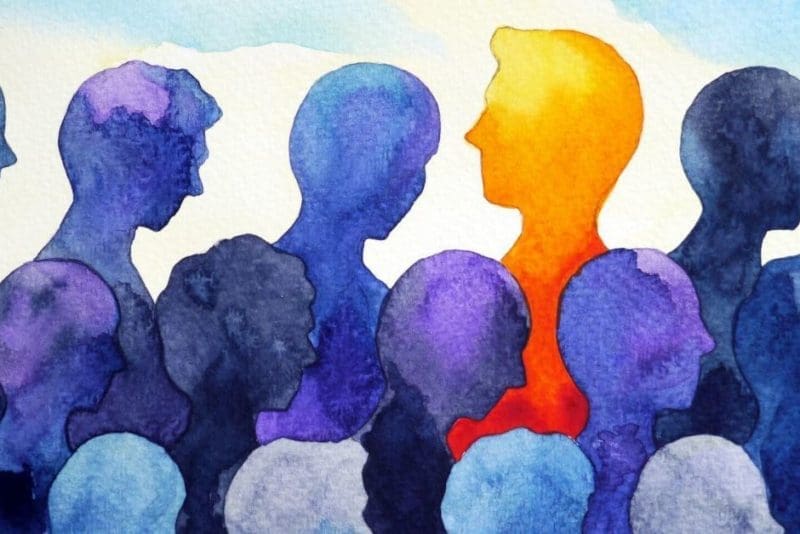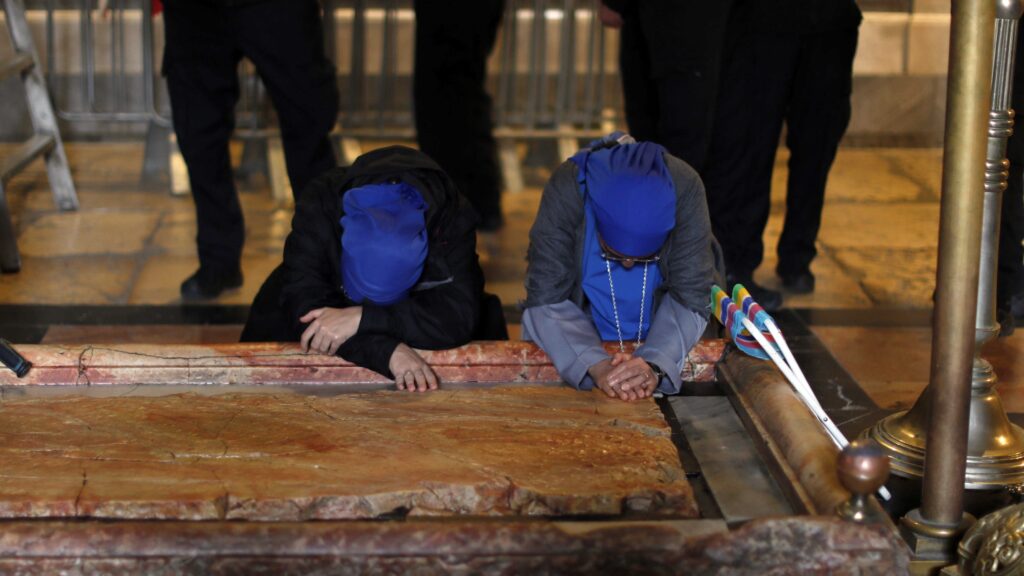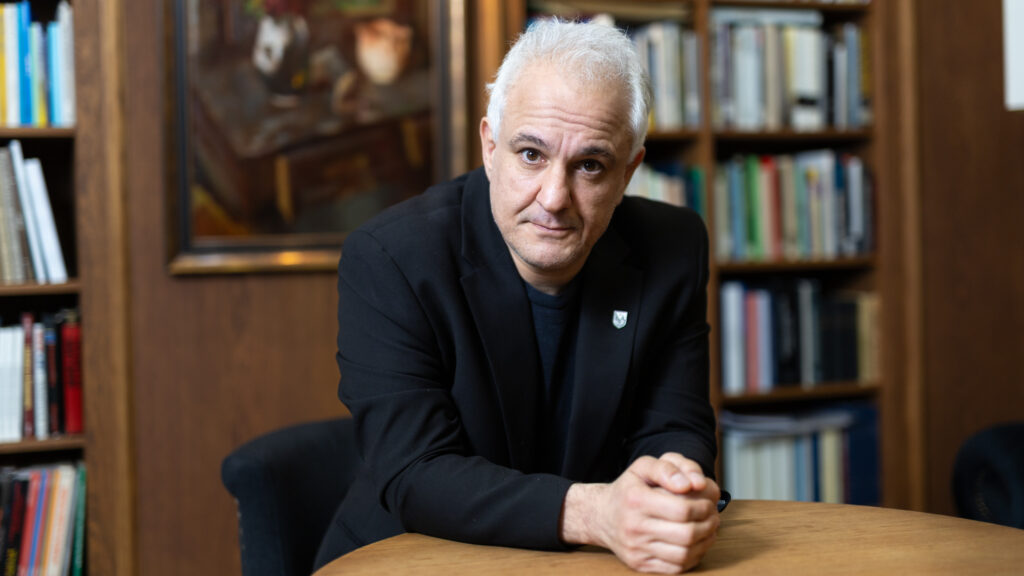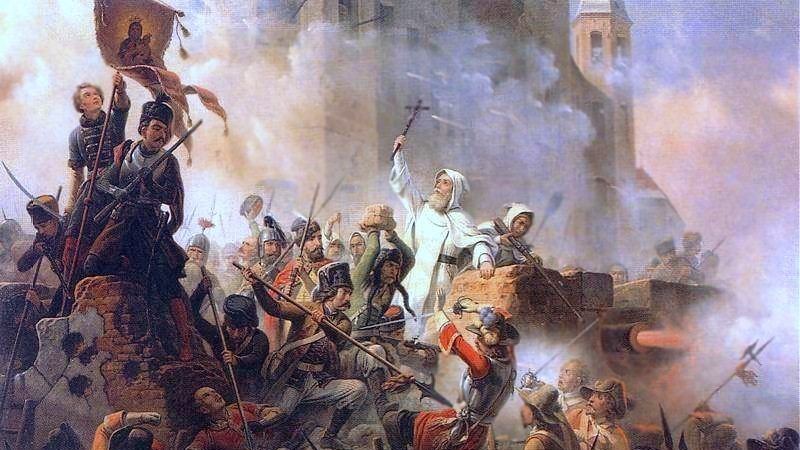This past Thursday believers marked Ascension Day. On this day Christians celebrate Jesus Christ’s ascension into heaven. In our secularized world, this has become a seemingly “minor” feast, remembered by few even among the observant. According to the Gospel, the ascension of Christ happened on the 40th day after Easter, ending Christ’s time on earth but making it possible for him to be with those who believe in him “until the end of time”. Pentecost is marked ten days after the feast of the ascension, and is a much more widely known festivity, also because the conservative government made it into a bank holiday in Hungary. But it is not difficult to grasp that without Ascension Day, there would be no Pentecost, as it was Jesus Christ himself who sent the Holy Spirit, the “Helper” to us, who descended on the apostles as they were celebrating the Jewish harvest festival, the ‘Shavuot” and thus became the first priests of the Christian Church.
While in Germany Fathers’ Day is marked on Ascension Day, which gives the feast larger recognition, in Hungary, I am rather certain, not many would know off the top of their head when it is celebrated.
I would have forgotten about it if I had not been reminded by the Catholic priest who served at the funeral of a relative of mine I attended the other day. The father called the attention of the mourners to the fact that the deceased was being buried just the day before Ascension Day, so close to the day that highlights the hope of eternal life.
The point I am trying to make is not that it is a shame people do not mark Ascension Day (although I should at least remember it after ten years of religious education), or that most are not even aware that it is a separate feast. I would certainly not dare to suggest either that those who are not believers but observe at least the major Christian holidays should “reform” themselves. Faith is a gift, given to people free of charge, not something that can be imposed by force.
While I hear and respect the diagnosis of the state of secularized Christianity,
or the post-religion age as Moralistic Therapeutic Deism, I see the importance of what can be described as cultural Christianity. As opposed to those who bemoan the fact that most Hungarians are only culturally Christian, I celebrate that as an important smallest common denominator that holds families and nations together. That is the reason why I applaud the fact that Pentecost is now an official holiday in Hungary, thanks to the conservative government. Similarly to Christmas, Christians, cultural Christians, Jews and people of other faith groups have a chance to break away from their daily routine and tiring chores on Pentecost weekend and Whit Monday, and rest, thus carrying out a basic commandment, even though few realize. Not to mention the numerous Hungarian folk traditions linked to Pentecost which also preserve the spirit of the feast even in their “semi-pagan” ways.
It is definitely a “bonus” if some actually mark Pentecost as a Christian feast, and I am grateful to God for all those teenagers of various Christian denominations, including my little brother, whose confirmation will be held at Pentecost this year, too, as has been traditionally done for centuries.
In my view, until our Christian holidays are remembered, even if in a “lay” way, families and communities will be sharing the experience of belonging to the same cultural “universe”, and being bound by a common denominator.








